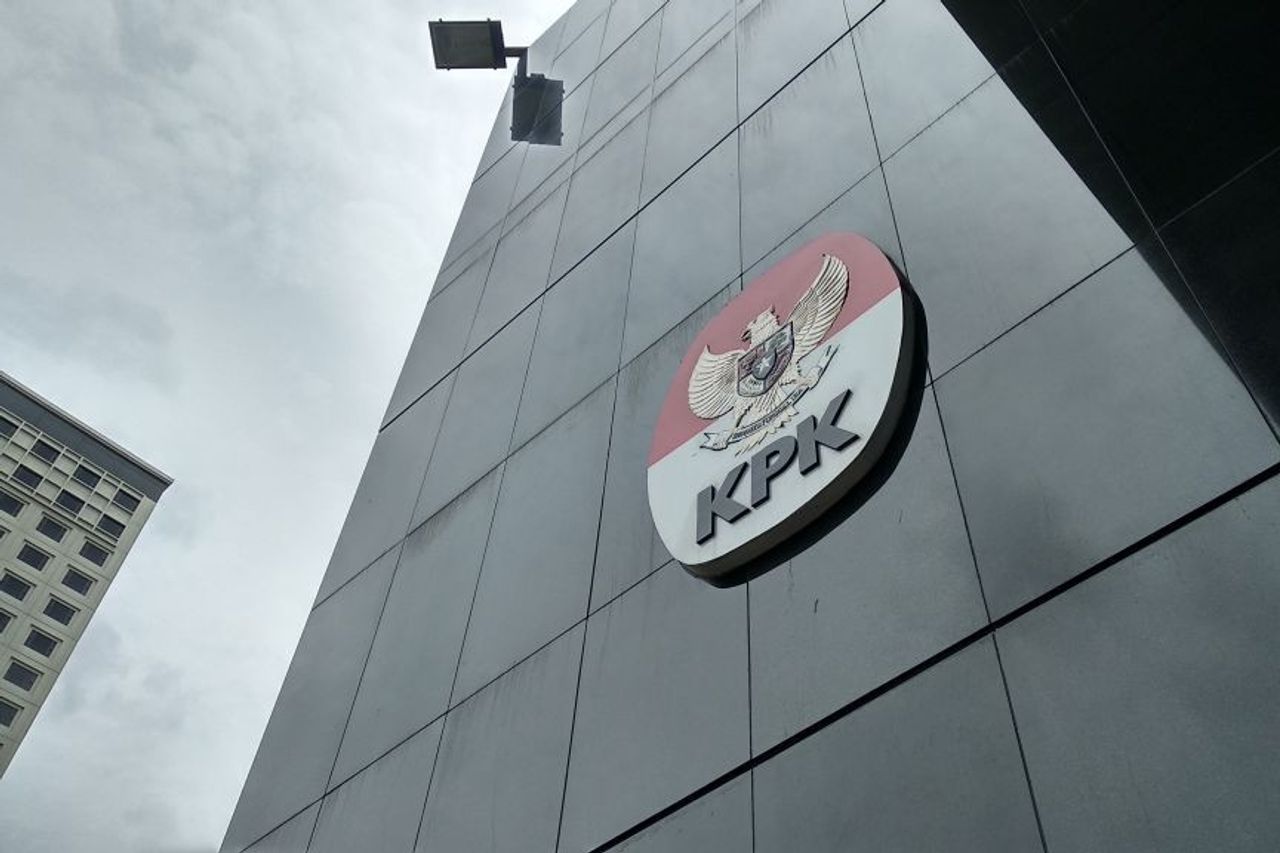Increase The Strength Of The Anti-Corruption Agency Through Amendments

JAKARTA - The Corruption Eradication Commission (KPK) proposes that anti-corruption agencies be included in the constitution through the 1945 amendment discourse. So that the eradication of corruption will be even stronger. Both from the amount of human resources and from the budget.
However, the KPK's proposal was not taken for granted. DPR Commission III member Masinton Pasaribu considered the proposal to be exaggerated. Because, according to him, the mandate to eradicate corruption was already stated in the 1998 MPR Decree.
For Masinton, the agenda for eradicating corruption is a mandate for reform. Therefore, there is no need for this to be included in the constitution through the amendments to the 1945 Constitution. Including many subordinate regulations under it to strengthen the eradication of corruption.
"There is the Corruption Act, TAP MPR number 11 of 1998 concerning the implementation of a state that is free from KKN. Then various other statutory mandates include the Corruption Eradication Commission Law," said Masinton, when contacted by VOI.id, in Jakarta, Wednesday, December 11.
This PDIP politician assessed that the KPK seemed too broad if he wanted to include the anti-corruption agency in the constitution. In fact, the discourse on the amendment of the 1945 Constitution will be limited and does not extend to the issue of eradicating corruption.
"The KPK does not have to be flirtatious (with) the discourse of amending this constitution. This amendment is carried out on a limited basis so that it does not need to widen everywhere," he said.
Unlike the PDIP, which refuses the entry of anti-corruption agencies into the constitution, support actually comes from the Prosperous Justice Party (PKS).
PKS politician Nasir Djamil admitted that he agreed that the existence of anti-corruption bodies was included in the constitution as proposed by KPK Deputy Chairman Saut Situmorang.
Nasir explained, PKS as presented by PKS President Sohibul Iman agreed that the amendments to the 1945 Constitution must include anti-corruption agencies in the amendment discourse.
With the entry of the Anti-Corruption Agency into the constitution, said Nasir, it would answer questions regarding the status of corruption eradication agencies such as the KPK, whether ad-hoc or permanent.
Not only that, according to Nasir, with the entry of the anti-corruption agency into the 1945 Constitution, an institution such as the KPK is obliged to exist.
"Because it is true that people's intention to corrupt is always there. As long as there is power, as long as there is potential for corruption. Therefore it makes sense that PKS proposes that the anti-corruption agency be included in the constitutional amendment," said Nasir.
Even so, this member of Commission III is aware that the suggestion of the anti-corruption agency into the constitution will spark debate. One of the reasons is the persistent corruption problem.
"Of course this will definitely be debated. Because one side of us regarding corruption has not been resolved. I also talked about the prevention and prosecution of PKS, conveying that the anti-corruption agency needs to be included as our form and commitment related to efforts to eradicate corruption in Indonesia," he explained.
Previously, the Deputy Chairman of the Corruption Eradication Commission (KPK), Saut Situmorang, proposed an amendment to the 1945 Constitution regarding the corruption eradication agency. This step is so that Indonesia can be consistent in eradicating corruption.
According to him, the government needs to be more consistent in enforcing corruption eradication. This is because there are many international anti-corruption declarations that have been ratified by Indonesia.
Other countries are considered by Saut to be more consistent on this matter. For example, 81 countries other than Indonesia have specifically included anti-corruption agencies in their constitutions.
